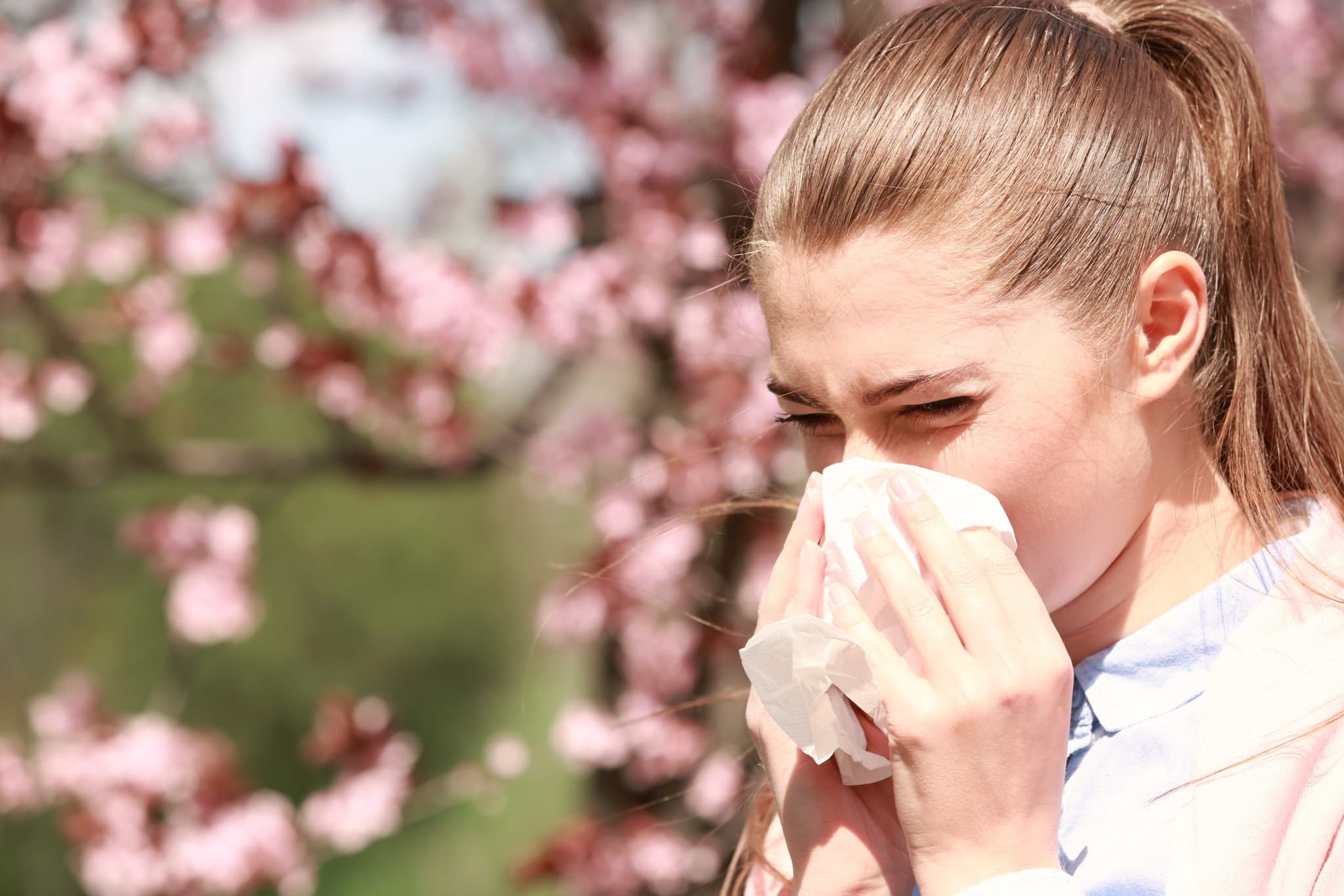
2023-05-19T11:00:36
Environmental allergy testing: What to expect and how to prepare
- Allergy and Immunology
June 7, 2016 | Allergy and Immunology
Specialties:Allergy, Asthma and Immunology

If you and your doctor suspect that you have allergies, allergy testing is a good place to start before making a treatment plan. While you might think you already know what you are allergic to, studies have shown that these suspicions are not always accurate. In fact, according to a study by the Mayo Clinic, 100 people who were asked to identify the substance they were allergic to were nearly always wrong. Eighty-eight percent said they were sensitive to mold while over 70 percent thought they were allergic to dust mites, as well as tree, weed and grass pollen. In both cases, however, the study participants were wrong.
There are five types of allergy testing that are typically given by doctors.
During a skin test, a small amount of the substance in question is either injected in your arm or on your back. If you are allergic, after about 15 or 20 minutes, you’ll notice a flare or hives near the site.
A blood test measures the amount of immunoglobulin, also known as IgE, that is present in your bloodstream. Another type of IgE testing involves measuring a type of immunoglobulin that is specific only to a particular allergen. Any contact between IgE and the allergen results in your body releasing chemicals such as leukotrienes, histamine and prostaglandins, causing your allergy symptoms.
Blotting paper that has been saturated with the suspected allergen is taped to your arm for a period of time ranging from 24 to 48 hours. If the skin in the area becomes inflamed, chances are you have an allergy. A rash that shows up on the site suggests that you have eczema.
Due to the possibility of serious reaction, a provocation test is only performed under the direct care and supervision of a doctor. During a provocation test, you swallow or inhale a minute amount of the substance that you think you might be allergic to. Because this is the most extreme form of allergy testing, your body’s reactions are closely observed and monitored in case of an emergency.
This test is designed to measure the functionality of your lungs and to test for asthma. First, you blow into a device called a spirometer which measures the amount and speed of air that can be inhaled and exhaled. If your doctor suspects that you might have asthma, which is often triggered by allergens, you’ll be given a bronchodilator and then retested. If this second test shows that your airflow has improved, it is likely that you have asthma.
If you suspect that you, or your child, has an allergy to a substance within your environment, don’t suffer in silence. Visit a Utah doctor who specializes in treating allergies. The medical staff at Revere Health will work in partnership with you to determine the right treatment plan. With health care clinics located across the state, Revere Health is your trusted provider of specialty care
159 North 400 West #B-8
Orem, Utah 84057
(801) 226-3600
555 West SR 164 North
Salem, Utah 84653
(801) 226-3600
WRITTEN BY:
The Live Better Team

2023-05-19T11:00:36

2018-06-13T12:00:19

2018-05-09T12:00:57

2018-04-11T11:00:42
This information is not intended to replace the advice of a medical professional. You should always consult your doctor before making decisions about your health.